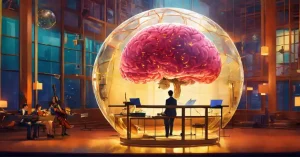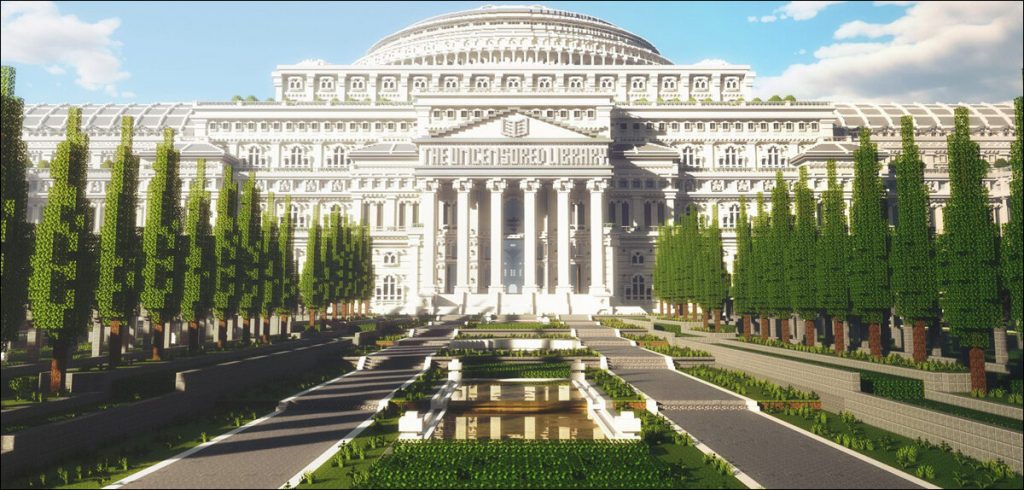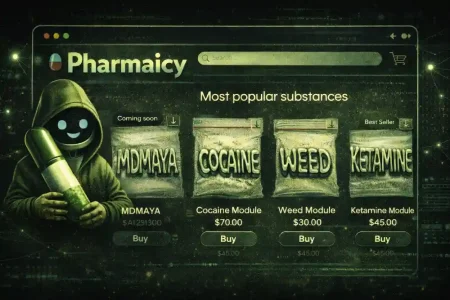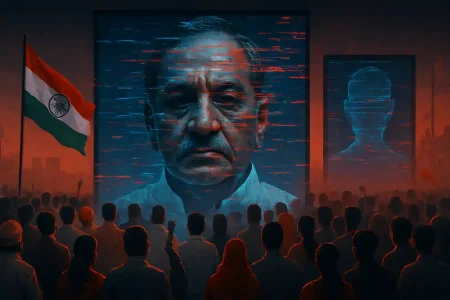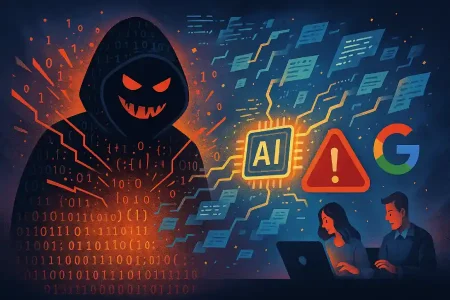Nigel explores an ingenious way that a group called Reporters Without Borders is using virtual world to fight censorship in countries where it isn’t legal to speak your mind!
If you think Minecraft is just a game that your kid nephew won’t shut up about, you’re right, and also very wrong. While the game is highly educational, helps children develop STEM skills (Science, Technology, Engineering, and Mathematics), and even teaches kids how to code, that’s not what this post is about.
In this post we’re going to look at an ingenious way that a group called Reporters Without Borders is using this virtual world to fight censorship in countries where it isn’t legal to speak your mind. Imagine, you’re a journalist living in a country that would execute you for reporting on certain events, a pretty scary thought, right? If you still wanted to risk it, however, Minecraft would be the unlikely platform of choice.
Reporters sans Frontières

Named after the international medical humanitarian organization Doctors Without Borders, Reporters sans Frontières (RSF) or Reporters Without Borders is a non-profit NGO aimed at safeguarding the freedom of the press across the globe. While this can be quite difficult in countries without democracy or countries with high levels of corruption, RSF teamed up with Blockworks, DDB Berlin, and MediaMonks to build a virtual library full of banned books and reports, in the most popular video game in the world.
Now if you’re not one of the 145 million people who play Minecraft, it’s a game where you can use digital Lego blocks to build pretty much anything from castles to treehouses, underground and underwater bases, bee farms, jungle villages, and even hobbit holes.
Blockworks, a collective of over 60 designers, animators, and developers from around the world is famous for turning Minecraft into an art form by creating beautiful landscapes and custom maps. In addition to a Minecraft recreation of Expo 2020 Dubai, a scale model of Kenilworth Castle, and a number of maps that recreate 17th-century London in detail, Blockworks also teamed up with RSF to build a giant library inside Minecraft.
This library is based on the design of the New York Public Library with added intonations of Greek and Roman architecture. It took 24 people, from 16 different countries, and 12.5 million digital Lego blocks to build and is intentionally made to look like the authoritarian structures the project is aimed at bypassing.
The uncensored library

The idea to build the library inside Minecraft has an interesting story according to Tobi Natterer, a senior creative at the international advertising agency DDB Berlin. He explains how they were working on an Uncensored playlist to make censored information available through music and stumbled across the fact that a lot of countries with press censorship have very large gaming communities.
After a closer examination of Minecraft (by far the most popular game with the biggest communities), Naterer discovered the game allows players to actually write books in-game. The rest of course is history. The Uncensored Library was launched on March 12th, 2020 (World Day Against Cyber Censorship) with 200 books containing banned articles from Saudi Arabia, Mexico, Vietnam, Russia, and Egypt.
The library hosts articles by a number of journalists who have been exiled, incarcerated, or killed. This includes Saudi Arabian journalist Jamal Khashoggi, a Washington Post columnist who was killed in 2018, Javier Valdez, a Mexican journalist who was killed by gunmen in 2017, and Vietnamese exiled human rights lawyer Nguyen Van Dai. There are also articles from Russia’s grani.ru website which has been blocked in the country, as well as Egypt’s Mada Masr portal which is also blocked. Additionally, there is a room dedicated to covering the effects of the COVID-19 pandemic on journalism that showcases reports from 10 countries (Brazil, China, North Korea, Myanmar, Egypt, Iran, Hungary, Russia, Thailand, and Turkmenistan).
Freedom of information
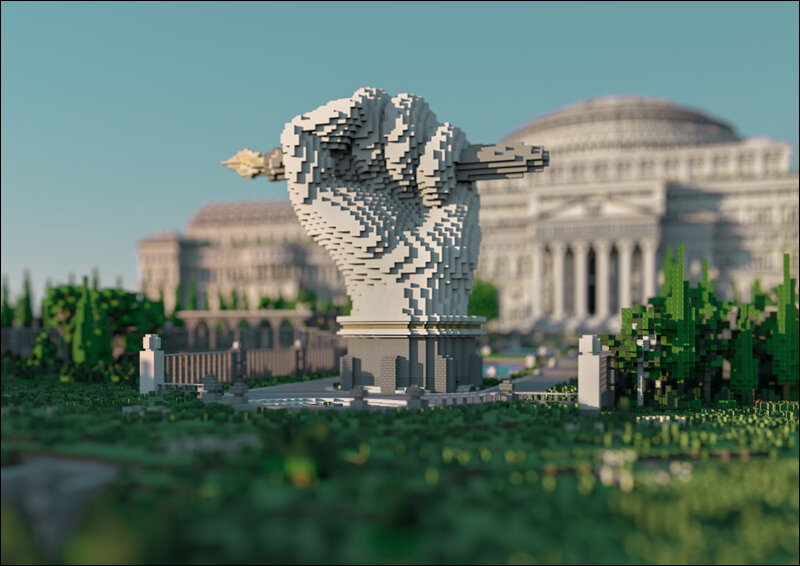
Players can walk through these virtual libraries similar to how virtual spaces can be visited and experienced in the much-acclaimed Metaverse. There are 6 sections in the library, 5 for censored journalists from Saudi Arabia, Mexico, Vietnam, Russia, and Egypt, and one for Reporters Without Borders. The Mexican section, in particular, contains memorials dedicated to 12 different Mexican journalists who have been murdered for covering certain topics. To connect to the uncensored library on Windows 10 you can either download the map or connect directly to the uncensored library’s own Minecraft server without downloading the map. The library uses blockchain storage to prevent governments from surveilling its contents, this also makes it virtually impossible to hack.
To quote Yulia Berezovskaia, editor-in-chief of grani.ru “the only real way of fighting censorship is sharing and spreading what has been censored.” While it is disturbing that in 2023 there are countries that are still struggling with censorship and freedom of information, it’s always refreshing to see out-of-the-box solutions like the uncensored library in Minecraft. What’s even more refreshing is the fact all this came from someone’s desire to make the game as realistic as possible by adding the ability to write 100-page books in-game.
In case you missed:
- PVC Meta Coins: The Next Big Thing in Crypto?
- CES 2025: NVIDIA’s Cosmos Just Gave Robots a ‘ChatGPT Moment’!
- FraudGPT & WormGPT: Making Cybercrime Cheap & Effortless!
- Quantum Computers: It’s now 20X easier to crack Bitcoin encryption than we thought!
- Omnidirectional VR treadmills, go anywhere without going anywhere!
- From Earth to Orbit: Data Centers are Heading Out to Space!
- Age of Bhaarat: India’s Aatmanirbhar Leap into AAA MMORPG Gaming
- DeepSeek’s R1 upgrade takes on GPT-4 with some “rumoured” help from Gemini’s brain!
- Scientists use AI to create Artificial Bacteriophages that Target and Kill Superbugs!
- Humans Just Achieved Teleportation? Clickbait vs. Facts
